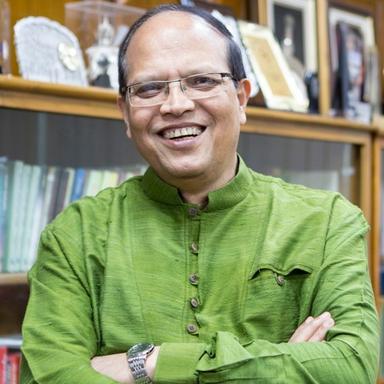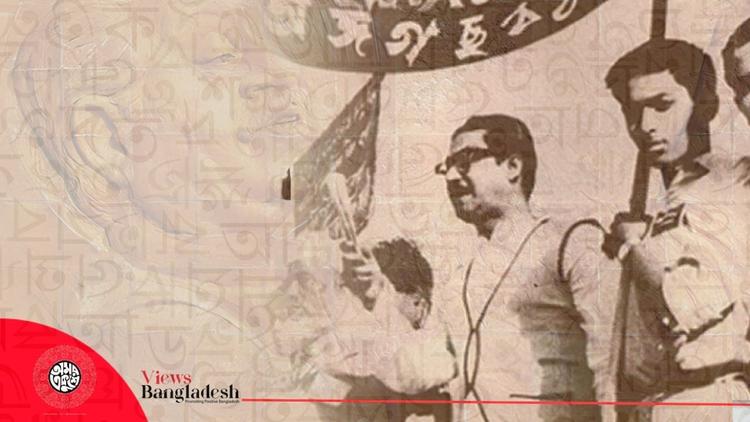
No alternative to practicing ethics in banking sector
As an economist, I have always strived to move beyond theoretical studies and actively engage in implementing development ideas at the grassroots level. Inclusive development has always been at the center of my research. The opportunity to make economic practice relevant for the welfare of the common people is rare. Nonetheless, I have always been eager to apply my research experiences if given a chance in policy-making. In the late 1990s, an opportunity arose when I served as the Chairman of Janata Bank. I had nearly two years to realize the slogan "Janata Bank for the People" and to open up financial transactions for farmers and small entrepreneurs under the initiative "Janata Bank in Every Home." I also focused on bringing banking services closer to the masses by introducing digital technology and internship programs to engage the youth. The way the CEO and all bankers at that time came forward to establish participatory and humane banking was unparalleled. As a result, the bank became the number one bank in Bangladesh by all indicators.






